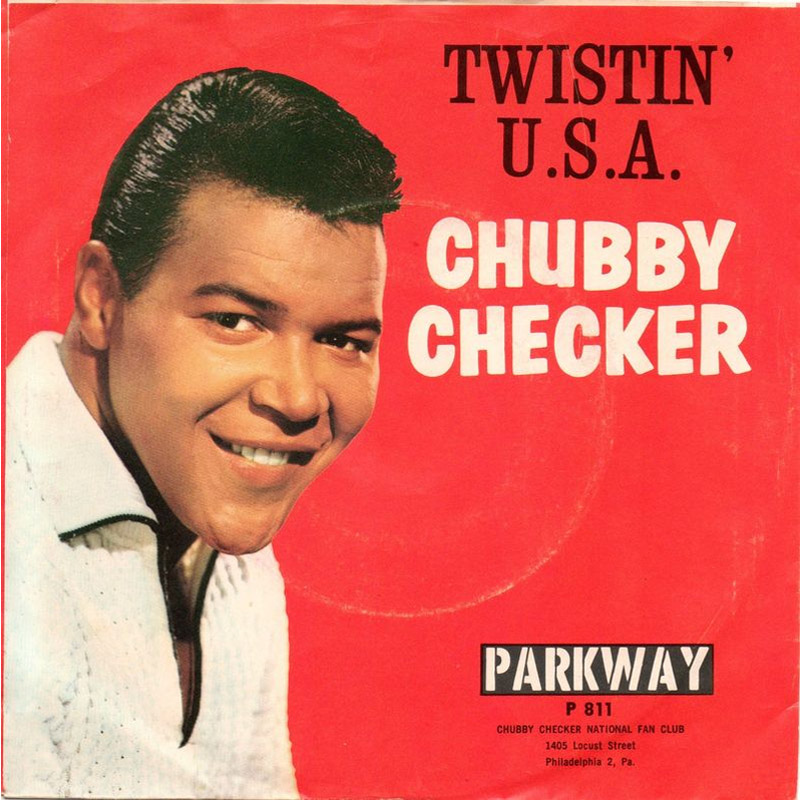In the mid-1700s, British colonists in the 13 Colonies, which eventually became the original United States of America, began to summarize their primary grievance against British rule with the slogan, "No taxation without representation." Although certainly not the only cause, many historians agree this was one of the primary grievances that led to the American Revolution. Well this year – 2013 – marks a Centennial which I suspect not a single citizen of the United States will hail as worthy of celebration. This is the 100th anniversary of the tax law.
Tax laws in the United States did exist before 1913. In fact, Congress passed the Revenue Act of 1861 during the Civil War to help pay for the expense of war, but this tax was repealed 10 years later. Then in 1894, Congress enacted a "flat rate" income tax, but the U.S. Supreme Court ruled that law unconstitutional the very next year since it constituted a direct tax that was not allocated on a pro rata basis by each state’s population.
The modern day income tax on individuals arises from the 16th Amendment to the U.S. Constitution that was passed by Congress in 1909, and that legislated the state apportionment requirement out of existence, giving Congress the authority to enact what has become the individual income tax we all know and love today. Since any amendment to the U.S. Constitution requires ratification by at least three-fourths of the states, the Congressional legislation did not actually become the 16th Amendment to the United States Constitution until February 1913, when it was ratified by the state of Wyoming.
Until World War II, income tax applied to less than 10 percent of the U.S. population, and since the tax brackets were graduated, tax historian Joseph Thorndike has noted that in 1935, when the threshold for reaching the top tax bracket was income of $5 million, the top bracket applied to only one person in the United States – John D. Rockefeller, Jr. One last bit of IRS trivia – the filing date for income tax in the United States used to be March 15, but the date was pushed to April 15 when Congress overhauled the income tax statutes in 1954.
I’m sure every U.S. citizen now believes that one of the results of the American Revolution remains that each of us feel absolutely represented by our federal government and therefore we don’t mind paying taxes. Right? Just in case you did want to have your own personal celebration of the 100th anniversary, please feel free to print your own copy of the original 1913 IRS Form 1040 and do with it what you wish. I might just fill it out and send it in today!



